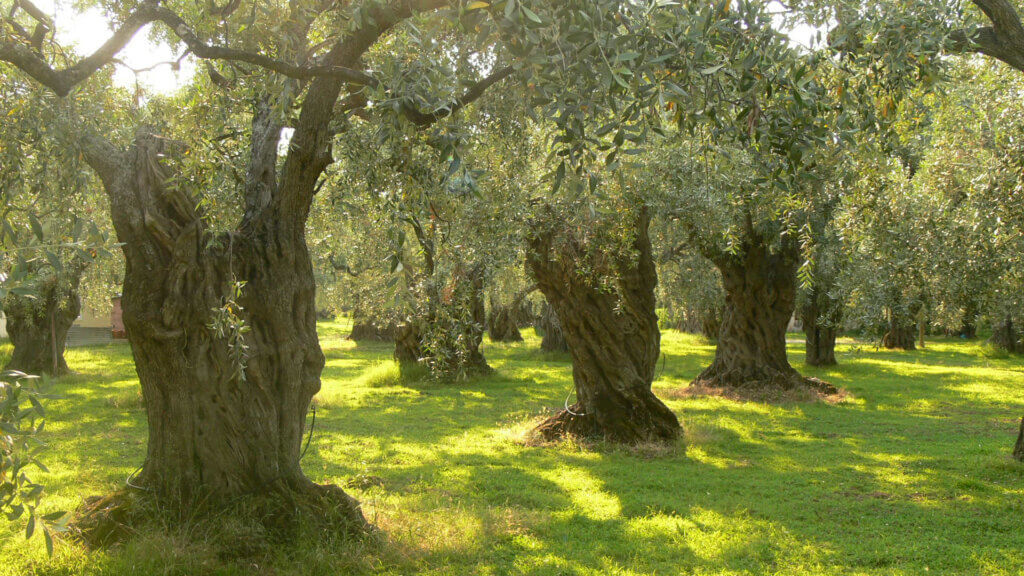Peter’s depicting the time before Jesus’ second coming as the “restitution of all things which God hath spoken by the mouth of all his holy prophets since the world began” (Acts 3:21) tells us that this hasn’t happened yet. In relation to it, the scriptures define the restoration of the gospel of Jesus Christ through the prophet Joseph Smith as its “beginning” or “foundation.”
That is why events associated with the “restitution of all things” are called “the time of the restoration”—a time still future in which God raises up two prophets “to prophesy to the Jews after they are gathered and have built the city of Jerusalem in the land of their fathers” (Doctrine & Covenants 77:15). Plus many other end-time events—as it is a restoration of “all things.”
Isaiah and Book of Mormon prophets identify this scenario as the restoration of “the house of Israel”— Jews, Ten Tribes, and Lehi’s descendants—which scenario they also define as God’s great and marvelous work and his fulfilling his covenants with the house of Israel. These things occur at the time the gospel turns from the Ephraimite Gentiles back to the house of Israel.
At the center of the restoration of all things is God’s end-time servant, who fulfills the role of an Elias or forerunner of Jesus’ second coming. As Jesus says, “Elias truly shall first come, and restore all things” (Matthew 17:11). Although John and Joseph Smith also fulfill restorative roles, their mortal ministries aren’t end-time ones and they have not been “hidden” (Isaiah 49:2).
It is Jehovah, therefore, “who fulfills the word of his servant, accomplishes the aims of his messengers, who says of Jerusalem, It shall be reinhabited, and of the cities of Judah, They shall be rebuilt, their ruins I will restore” (Isaiah 44:26). All such restoration precedes Jesus’ second coming, as he comes to a people who have established Zion and built a temple to receive him.
Says the Lord of his servant, “Who announced this beforehand, so we would know, [declared it] ahead of time, that we might say, He was right? Indeed, not one could foretell it, not one make it known; no one has heard from you any [prophetic] utterance. But to Zion, he shall be its harbinger; I will appoint him as a herald of good tidings to Jerusalem” (Isaiah 41:26–27).
Says his servant, “For now Jehovah has said—he who formed me from the womb to be his servant, to restore Jacob to him, Israel having been gathered to him; for I won honor in the eyes of Jehovah when my God became my strength—he said: It is too small a thing for you to be my servant to raise up the tribes of Jacob and to restore those preserved of Israel” (Isaiah 49:5).
After he suffers trials, Jehovah empowers him: “At a favorable time I have answered you; in the day of salvation I have come to your aid: I have created you and appointed you to be a covenant of the people, to restore the Land and reapportion the desolate estates” (Isaiah 49:8); “Who has raised up Righteousness from the east, calling him to [the place of] his foot?” (Isaiah 41:2).












